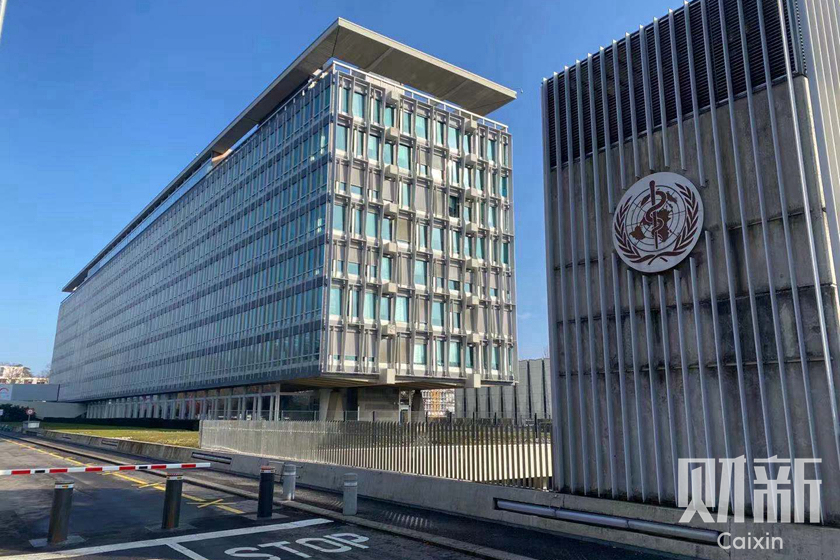
China has pledged $500 million over five years to the World Health Organization, stepping in as the largest state donor after the United States’ withdrawal from the United Nations health agency.
Chinese Vice Premier Liu Guozhong made the commitment on Tuesday during the 78th World Health Assembly in Geneva. The pledge comes as the WHO grapples with its deepest financial crisis in decades, caused by the Trump administration’s decision in January to withdraw from the agency and stop funding. The U.S., previously the largest contributor, left a $600 million shortfall in the organization’s 2025 budget.
This year’s assembly, running from May 19 to May 27, marks the first time in 76 years that the U.S. has not participated. Delegates approved a trimmed $4.2 billion budget for 2026–2027 — a 20% reduction on the originally proposed $5.3 billion — and agreed to increase mandatory member contributions by 20% over the next two years.
China’s new funding pledge makes it the WHO’s largest state donor. “The world is now facing the impacts of unilateralism and power politics, bringing major challenges to global health security,” Liu said. “Multilateralism is a sure path to overcoming these difficulties.”
Additionally, member states, including Qatar and Switzerland, have also jointly pledged at least $170 million to help bridge the funding gap, the WHO said.
In response to its financial constraints, the agency has begun reducing staff and scaling back programs worldwide. Public health experts warn that the reductions could seriously impair the WHO’s capacity to respond to global health emergencies.
“What is lacking now for WHO is not just the budget,” said Christoph Benn, director of Global Health Diplomacy at the Joep Lange Institute in Amsterdam in an interview with National Public Radio. “The U.S. has some of the most sophisticated systems of health expertise in the world. Some of the best experts always come from the U.S., and I can honestly say they will be sorely missed.”
Nevertheless, Washington’s absence may have inadvertently helped accelerate progress on a long-awaited international pandemic accord. On Tuesday, the assembly adopted the WHO Pandemic Agreement, after three years of negotiations. The treaty — approved with 124 votes in favor, none against and 11 abstentions — seeks to strengthen pandemic preparedness and response under the WHO framework.
The agreement sets out principles and mechanisms for better global coordination. It also aims to ensure equitable access to vaccines, treatments and diagnostics—gaps that were laid bare during the Covid-19 pandemic.
“The agreement is a victory for public health, science and multilateral action,” said WHO Director-General Tedros Adhanom Ghebreyesus. “It is also a recognition by the international community that our citizens, societies and economies must not be left vulnerable to again suffer losses like those endured during Covid-19.”
Contact reporter Han Wei (weihan@caixin.com)







